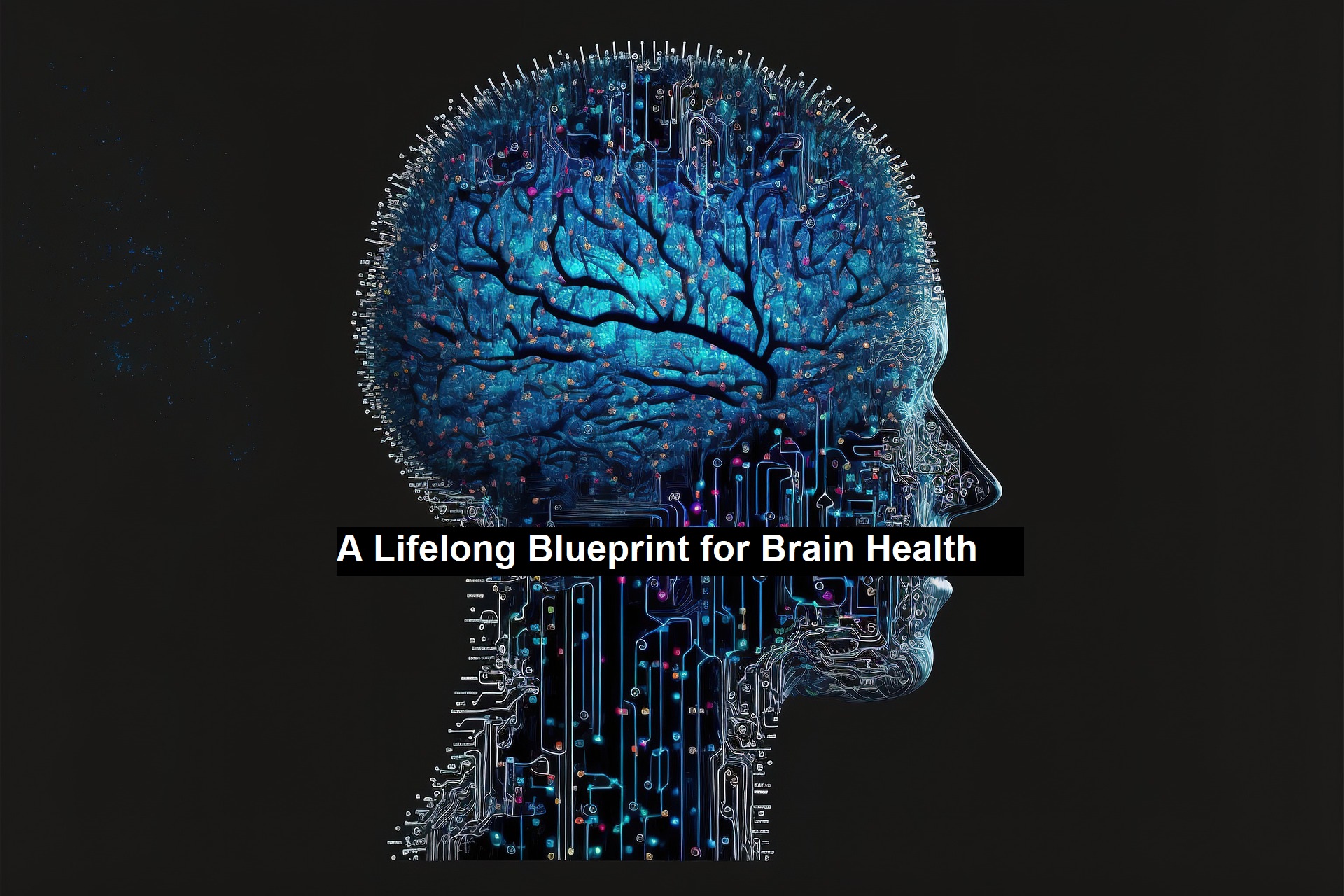As we progress through life, preserving our cognitive health becomes an essential priority. Just as we care for our bodies, nurturing our brains can help maintain mental sharpness and resilience. While aging is inevitable, making intentional lifestyle choices can significantly reduce the risk of cognitive decline and support long-term brain health. Here’s a practical guide to protecting your brain across the decades.
In Your 20s and 30s: Build a Strong Foundation
During this period, your brain is highly adaptable and primed for growth, making it the ideal time to establish habits that promote lifelong cognitive health. Regular physical activity, such as running, swimming, or dancing, encourages the formation of new brain cells, improving memory and learning.
Equally important is mental stimulation. Engage in skill-building activities, puzzles, or strategic games like chess to enhance cognitive flexibility. Incorporating mindfulness practices, such as meditation, can sharpen focus and reduce stress. It’s also wise to limit excessive screen time, which can contribute to fatigue and hinder productivity. These habits will set the stage for sharper thinking in the years ahead.
In Your 40s and 50s: Optimize and Preserve
As the brain begins to experience natural changes, the focus shifts to preserving and optimizing cognitive function. Nutrition plays a vital role during these years. Incorporate brain-boosting foods like leafy greens, fatty fish, and healthy fats into your diet to reduce inflammation and support mental acuity. Simple additions, such as berries and nuts, can make a noticeable difference. Staying hydrated is equally critical for maintaining focus and mood.
Balance is key. While keeping your mind active is essential, overworking without adequate rest can lead to burnout. Prioritize restorative sleep and find a healthy balance between professional demands and relaxation to sustain optimal brain performance.
Read: How Does Mindful Eating Help People Make Healthier Food Choices?
In Your 60s and Beyond: Stay Engaged and Proactive
In later years, actively maintaining cognitive health becomes even more crucial. Regular mental exercises—like memory games or learning new skills—can slow cognitive decline. Social engagement is equally important; participating in clubs, classes, or community activities helps stimulate your mind and keep you connected. Address potential hearing loss promptly, as it can strain cognitive resources. Regular check-ups and cognitive assessments allow for early detection and intervention, helping to sustain mental clarity.
Timeless Strategies for Every Age
No matter your stage of life, consistent habits like exercising, eating a balanced diet, managing stress, and staying socially active can help keep your mind sharp and adaptable. Additionally, seeking professional advice such as from the finest neurologists Chicago has to offer can also prove to be insightful. Your brain’s ability to evolve means that even small, thoughtful actions today can yield lasting benefits.
Blueprint-for-Brain-Health
For more insights on how to nurture your brain at every stage of life, explore the accompanying graphic.
